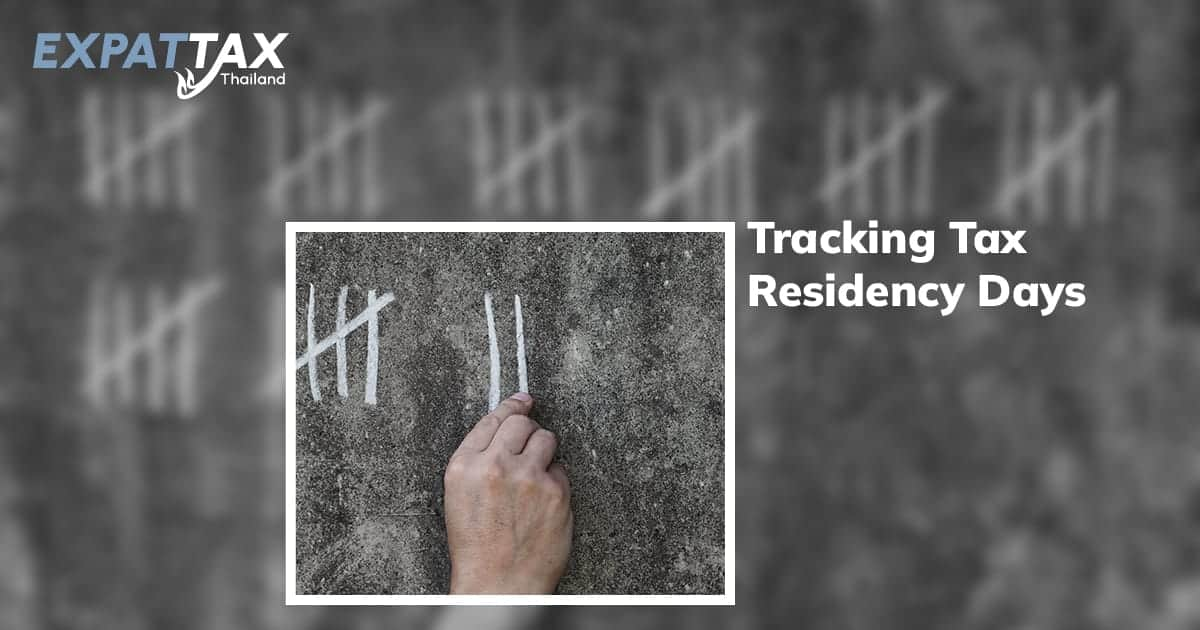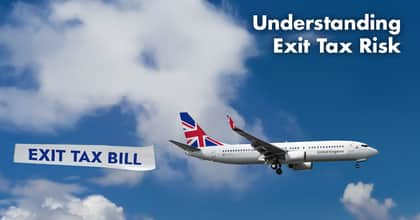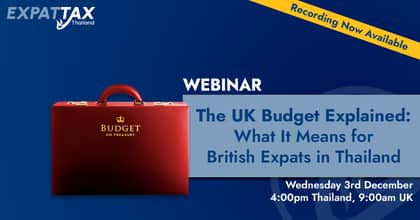
Thailand is set to introduce an Electronic Travel Authorisation (ETA) system for visa-exempt travellers starting in December 2024. While the ETA is primarily being implemented to enhance security and streamline the immigration process, it could have significant implications for expats in Thailand regarding tax residency and obligations.
Tracking Days Spent in Thailand
One key factor determining tax residency in Thailand is the number of days spent in the country. Under Thai tax law, individuals who spend 180 days or more in Thailand during a calendar year are considered tax residents. This means they are required to pay tax on any income they bring into Thailand from abroad. The new ETA system will make it easier for authorities to track visitors’ time in the country, potentially flagging those who meet the 180-day threshold.
Keep Track of Your Days
Some expats limit their time in Thailand to 179 days or less to avoid being classified as tax residents. While this strategy can help you avoid tax obligations, it requires careful monitoring of your time in the country. With the new ETA system automatically recording entries and exits, tracking your days accurately is more important than ever.
A tracker app can be very useful for staying updated on your tax status. The two apps we recommend for this purpose are:
- Android: Tax Resident – Days Tracker
- Apple: Country Days Tracker
These apps can help you monitor your days spent in Thailand, ensuring you don’t unintentionally cross the 180-day threshold and trigger tax residency status.
Implications for Tax Residents
For expats who frequently enter and exit Thailand using visa exemptions, the new ETA system could flag frequent visitors who are, under Thai law, considered tax residents. If you meet the 180-day residency requirement, you are required to declare and pay tax on any foreign income remitted into Thailand. This includes income from pensions, investments, or any other overseas earnings.
Digital Records and Compliance
With the introduction of the ETA, Thailand is moving towards a more digitised immigration process. This digital record of entries and exits could make it harder for travellers to unintentionally avoid meeting the tax residency threshold. For those who spend significant time in Thailand and have income remitted from overseas, it’s essential to understand that spending 180 days or more in the country may result in tax obligations.
Stay Informed with Tax Alerts
As the ETA system rolls out, expats and frequent travellers should stay informed about how this new process might affect their tax status. If you’re unsure whether you qualify as a tax resident in Thailand or if you have concerns about your tax obligations, we recommend seeking professional advice.
To stay updated with the latest tax developments in Thailand, sign up for our tax alerts and ensure you’re fully prepared for any changes.
Need More Support?
If you have any questions about tax we have many resources to help you navigate your Thailand tax obligations. You can explore these here.
If you cannot find what you need, book a free call on our support line, We are here to help.


